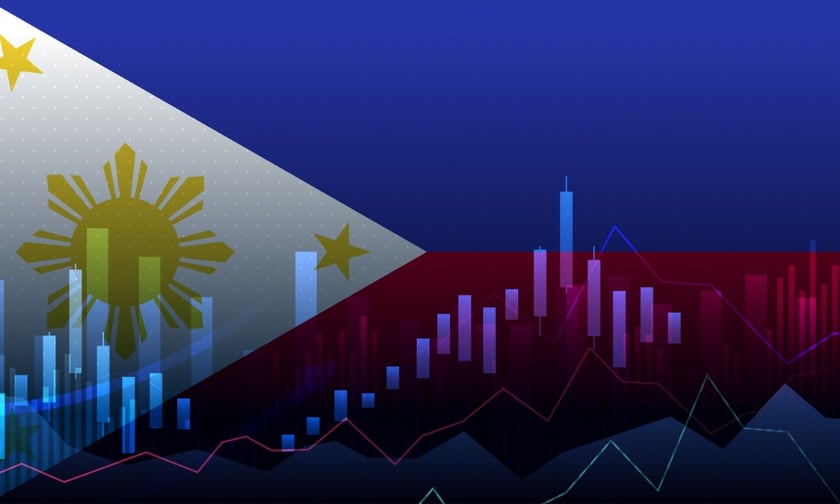

The health maintenance organisation (HMO) sector in the Philippines has rebounded to profitability in the first half of 2024 (H1 2024), despite a significant rise in healthcare benefit payouts.
Philippine HMOs disbursed PHP30.33 billion in healthcare benefits during this period, marking a 15.65% increase from the same period last year.
Despite these higher payouts, the sector reported a net income of PHP636.6 million for the first half of 2024, reversing a PHP1.19 billion net loss recorded in the first half of 2023.
This recovery was largely driven by an increase in total revenues, which reached PHP38.75 billion, mainly due to membership fees totalling PHP36.56 billion.
A comparison of financial data between the first halves of 2024 and 2023 shows the following:
The sector also saw its total assets grow by PHP7.51 billion, or 12.16%, reaching PHP69.26 billion by the end of the first half of 2024.
Invested assets increased by 6.45% to PHP21.31 billion, while total liabilities rose by 13.33% to PHP58.32 billion, driven by increases in membership fee reserves and claims reserves. This financial growth was achieved despite the reduction in the number of licensed HMOs, which fell from 29 in 2023 to 25 in 2024.
These financial developments occur as healthcare costs become an increasing concern for Filipinos.
According to Manulife’s 2024 Asia Care Survey, which surveyed 1,050 Filipino respondents, rising healthcare expenses are a significant worry for many.
The survey introduced the MyFuture Readiness Index, which assesses perceptions of current and future physical, mental, and financial wellbeing. Filipinos scored 91 on their desired readiness level, higher than the regional average, but only 79 on their expected readiness level, indicating unease about future wellbeing.
The survey identified several key challenges affecting Filipinos’ confidence in their future:
These concerns have influenced financial priorities, with many Filipinos focusing on goals such as securing passive income for retirement (43%), maintaining emergency savings (39%), and ensuring sufficient funds for healthcare needs (31%).
Rahul Hora, president and CEO of Manulife Philippines, emphasised the anxiety surrounding economic instability and healthcare costs, stressing the importance of financial planning and advice to address these issues.
“Significant of these is the value of financial advice and guidance that can help them assess and bring their goals closer to fruition, mitigate risks, and find the right products that provide stronger health and life protection, as well as investment and retirement solutions,” he said.
The survey also revealed that 82% of Filipinos see the rising cost of healthcare as a major threat, a concern that is even higher among those aged 50 to 60, reaching 86%.
With out-of-pocket health expenses making up 44.7% of total health spending in the Philippines – approximately $9 billion in 2022, projected to rise to $13 billion by 2028 – this concern is significant.
